For homeowners and businesses prioritizing maximum image clarity and the ability to identify crucial details like faces or license plates from a distance, 4K security cameras are an excellent investment. While they demand more internet bandwidth and data storage, the significant improvement in video quality offers superior evidence and enhanced peace of mind, making the upgrade worthwhile for monitoring large or high-risk areas.

Table of Contents
- What Exactly Defines a 4K Security Camera?
- How Does 4K Compare to 1080p and 2K?
- Why Should You Consider Upgrading to a 4K System?
- Unmatched Detail for Identification
- Superior Digital Zoom Capabilities
- What Are the Potential Downsides of 4K Security?
- How Much More Bandwidth Do They Consume?
- What Are the Storage Implications?
- When is a 4K Security Camera the Right Choice for You?
- For Monitoring Large Properties and Outdoor Spaces
- How Do Modern Features Enhance 4K's Value?
- What Should You Look for When Buying a 4K Camera?
What Exactly Defines a 4K Security Camera?
A 4K security camera, also known as an Ultra High Definition (UHD) camera, records video at a resolution of 3840 x 2160 pixels. This amounts to over eight million pixels in total, which is precisely four times the pixel count of a standard 1080p Full HD camera (1920 x 1080). This massive increase in pixel density is the primary reason for the technology's superior image quality. More pixels mean a sharper, clearer, and more detailed image.
Think of the image as a mosaic. A 1080p camera uses two million tiles to create the picture, while a 4K security camera uses eight million. With more tiles, you can create a much more intricate and realistic picture where fine lines are distinct and textures are visible. This level of detail becomes critical in security applications, where the ability to distinguish small features can make all the difference in identifying a person or a vehicle involved in an incident.

How Does 4K Compare to 1080p and 2K?
To understand the value of 4K, it is helpful to see how it stacks up against other common resolutions. The jump from 1080p to 4K is significant and immediately noticeable. 2K (or QHD) sits in the middle, offering a good balance of quality and data usage, but 4K remains the top tier for consumer and prosumer security systems.
| Feature | 1080p (Full HD) | 2K (QHD) | 4K (UHD) |
|---|---|---|---|
| Resolution | 1920 x 1080 | 2560 x 1440 | 3840 x 2160 |
| Total Pixels | ~2.1 Million | ~3.7 Million | ~8.3 Million |
| Best For | General indoor monitoring, small rooms | Medium-sized areas, residential outdoors | Large properties, businesses, license plates |
| Digital Zoom Quality | Becomes pixelated quickly | Maintains some clarity | Remains clear even when zoomed |
Why Should You Consider Upgrading to a 4K System?
The primary motivation for choosing a 4K security system is the pursuit of undeniable clarity. While lower-resolution cameras can show you that an event occurred, 4K cameras can provide the specific, actionable details needed for investigation or prosecution. The benefits extend beyond simple pixel counts into practical, real-world advantages.
Unmatched Detail for Identification
The core advantage of 4K resolution is its ability to capture fine details. This includes clearly seeing faces, identifying clothing logos, reading text on a package, or, most importantly for outdoor cameras, capturing license plate numbers of vehicles at a distance. With a 1080p camera, these details often blur into an unrecognizable state, rendering the footage less useful as evidence. With 4K, the image retains its integrity, providing law enforcement with concrete information.
Superior Digital Zoom Capabilities
All security cameras rely on digital zoom, which essentially crops and enlarges a portion of the recorded image. When you digitally zoom on a 1080p video, you are working with a limited number of pixels, so the image quickly becomes blocky and distorted. With a 4K image, you have four times the number of pixels to start with. This means you can digitally zoom in much further before the image quality degrades, allowing you to focus on a person or object far from the camera while still maintaining a clear, usable picture.
What Are the Potential Downsides of 4K Security?
While the benefits are compelling, adopting 4K technology comes with technical requirements and costs that must be considered. These factors are the main reason why 1080p and 2K cameras remain popular choices for certain applications. Understanding these trade-offs is key to making an informed decision.
How Much More Bandwidth Do They Consume?
Transmitting four times the pixel data requires significantly more internet bandwidth for live viewing and cloud uploads. A typical 1080p camera might require 2-4 Mbps of upload speed for a smooth stream, whereas a 4K camera can easily demand 8-15 Mbps or more, depending on the frame rate and compression. If your internet connection has a low upload speed, a 4K camera may struggle to provide a reliable live feed or upload recordings to the cloud efficiently, potentially leading to choppy video or missed events.
What Are the Storage Implications?
More data per frame means larger video files. A 4K recording will consume substantially more storage space than a 1080p recording of the same duration. This impacts both local and cloud storage. For local storage via a microSD card or NVR, you will need a much larger capacity to store the same number of days' worth of footage. For cloud storage, the higher data usage often translates to more expensive subscription plans. Modern compression technology like H.265 (HEVC) helps mitigate this by being more efficient than older standards, but the files will still be considerably larger.
When is a 4K Security Camera the Right Choice for You?
The decision to invest in 4K depends entirely on your specific security needs and environment. It is not a one-size-fits-all solution. For some, it is an essential tool; for others, it might be an unnecessary expense. The key is to match the technology's capabilities to your requirements.
For Monitoring Large Properties and Outdoor Spaces
If you need to monitor a large area like a long driveway, a backyard, a parking lot, or a wide storefront, a 4K camera is an ideal choice. A single 4K camera can cover a wider field of view than a 1080p camera while still providing the pixel density needed to zoom in on distant corners of the property. This can potentially reduce the total number of cameras you need to install, offsetting some of the initial cost.
How Do Modern Features Enhance 4K's Value?
A 4K sensor is only one part of a modern security camera. When this high resolution is combined with other advanced technologies, its value increases exponentially. These features turn a simple high-resolution camera into a sophisticated and proactive security device.
Leading systems, such as those from Botslab, pair 4K resolution with sophisticated AI algorithms for intelligent detection. This means the camera doesn't just record everything; it can distinguish between people, vehicles, and animals, significantly reducing false alarms from rustling leaves or passing shadows. A 4K outdoor camera from Botslab, for instance, uses this combination to ensure you are only alerted to genuine security events, making the high-resolution footage even more relevant. Furthermore, advanced color night vision technology uses sensitive sensors and supplemental lighting to capture full-color video in low-light conditions, a task where the detail of 4K truly shines.
What Should You Look for When Buying a 4K Camera?
When selecting a 4K camera, the resolution is just the starting point. Several other technical specifications play a crucial role in the camera's overall performance and usability.
Pay close attention to the frame rate (FPS), which determines how smooth the motion in the video appears. A rate of 15-20 FPS is adequate for most security purposes, but 30 FPS will provide a much more fluid and lifelike recording. Also, confirm the camera uses modern H.265 (HEVC) video compression. This is critical for managing the large file sizes and bandwidth requirements of 4K video. Without it, your storage and network will be placed under immense strain. Finally, consider its integration capabilities with your existing smart home platforms for a more unified and convenient user experience.



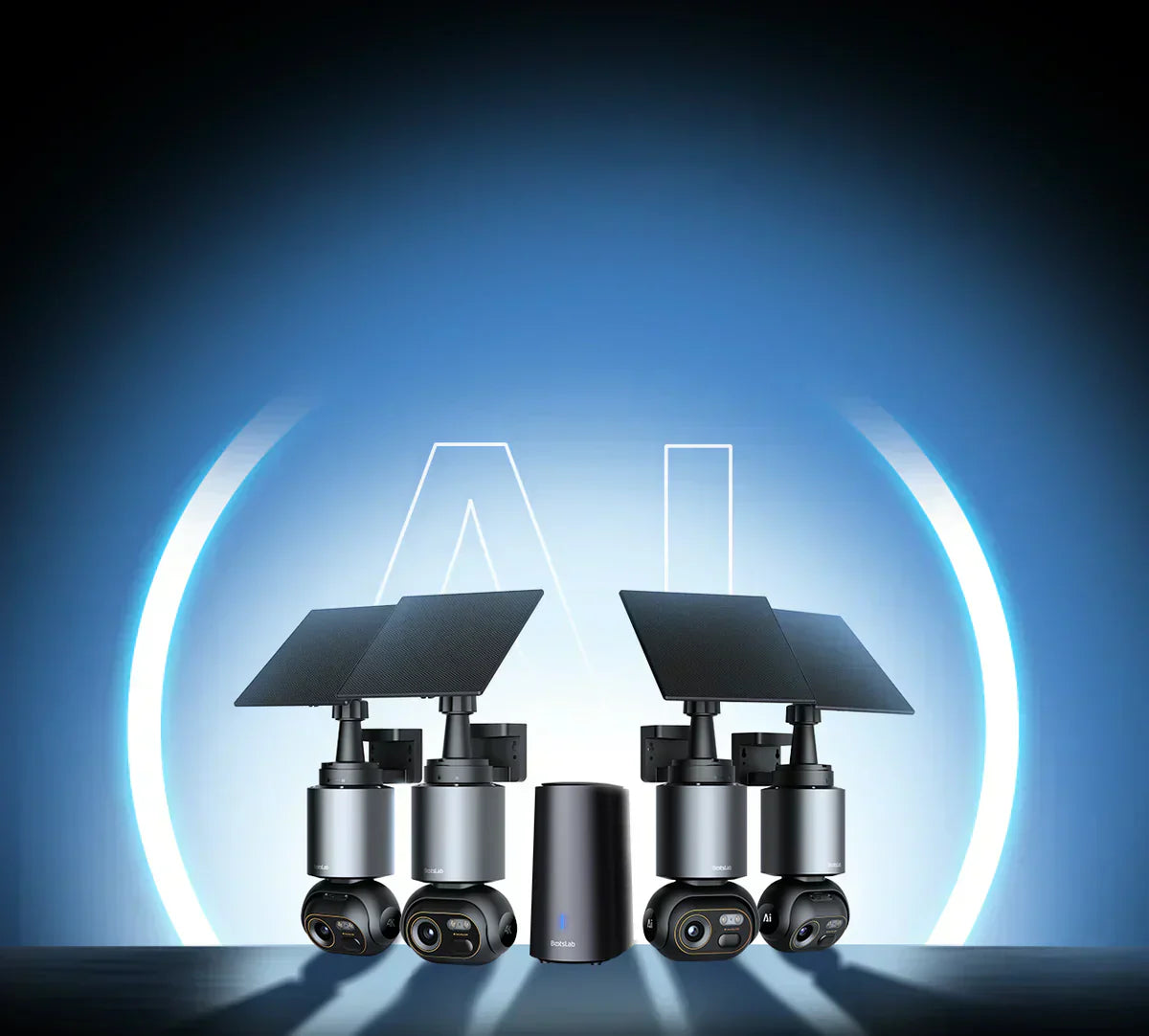
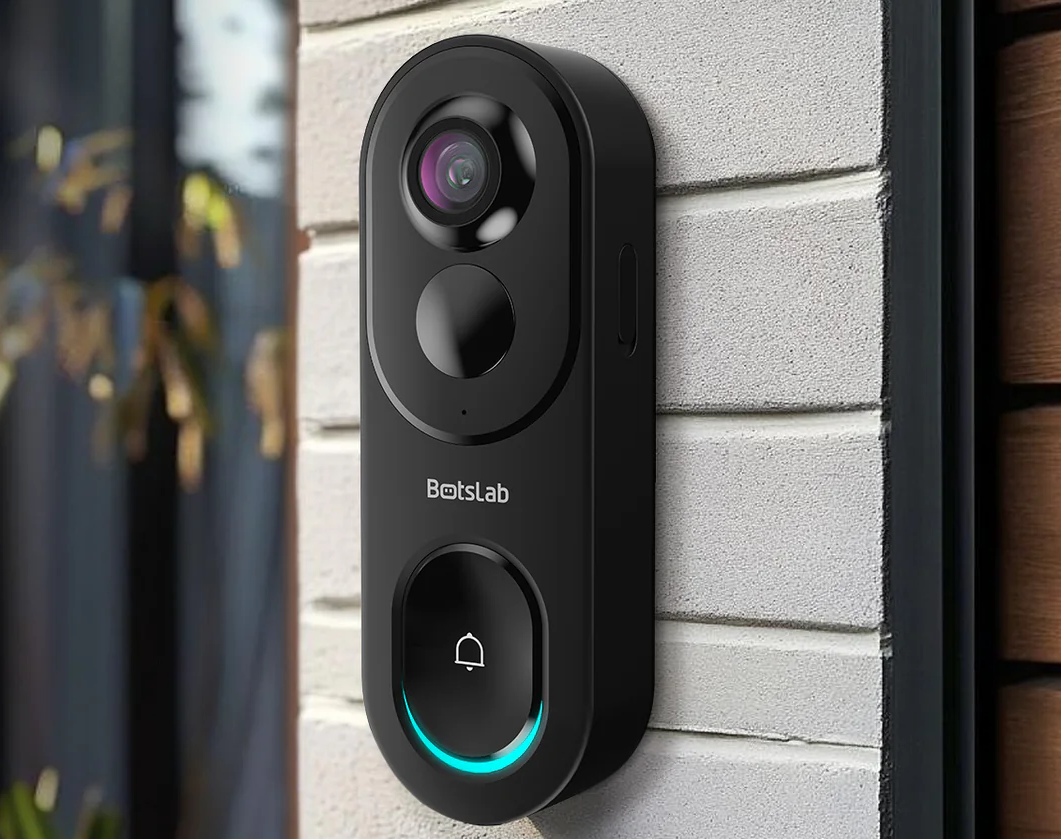
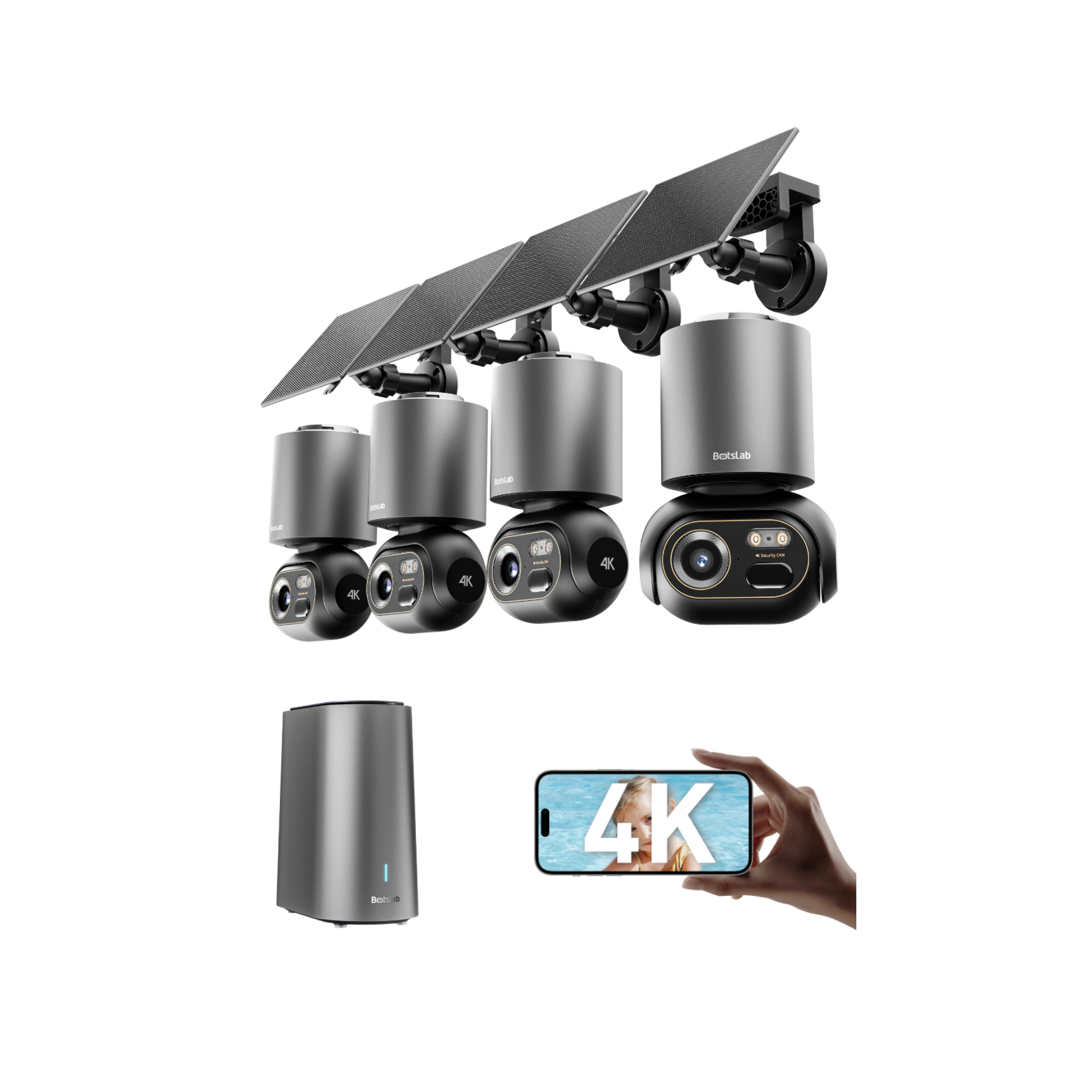


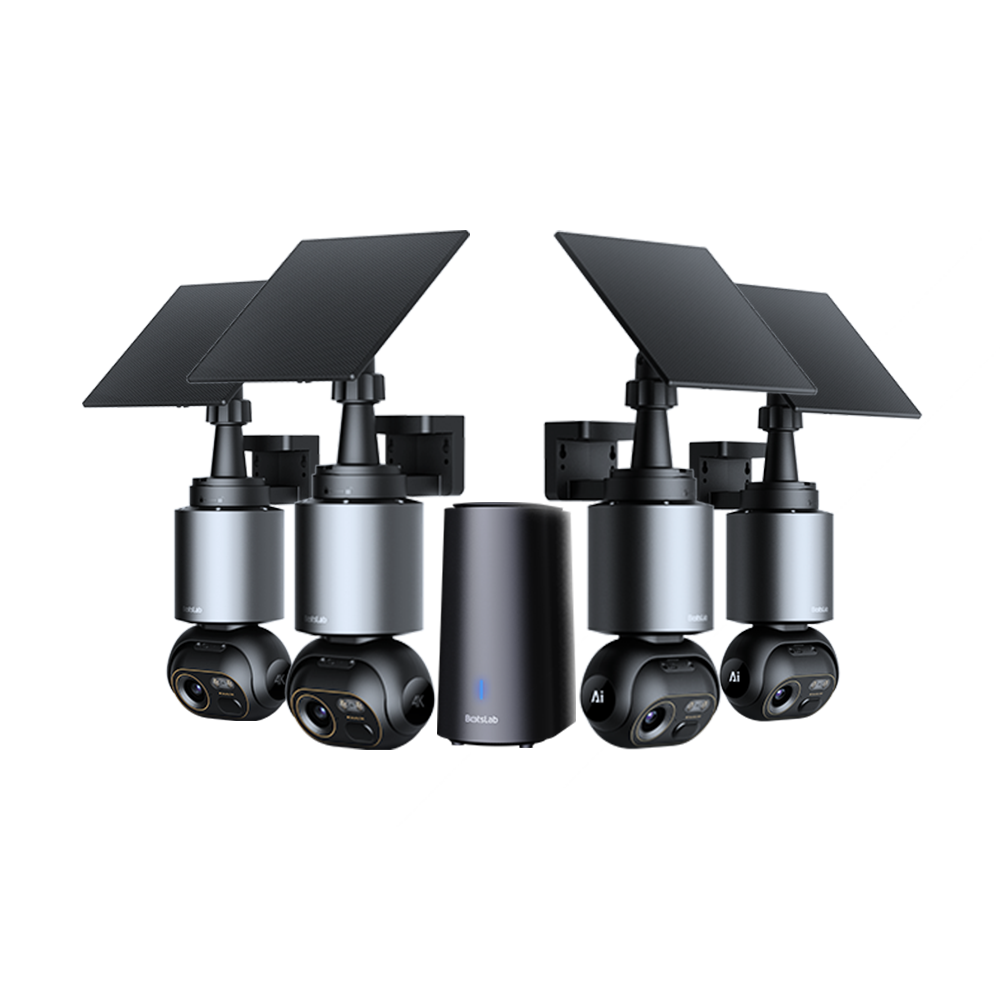




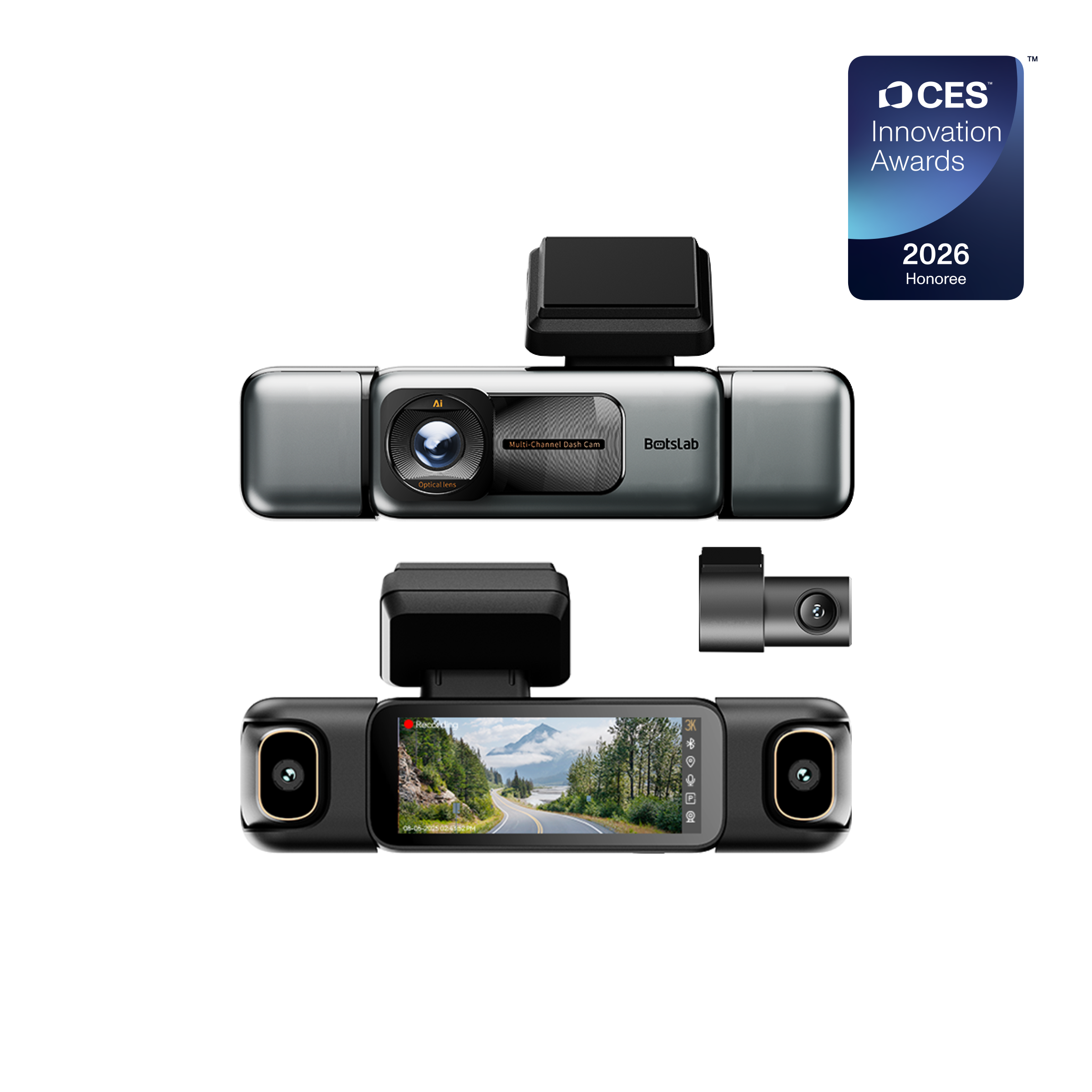
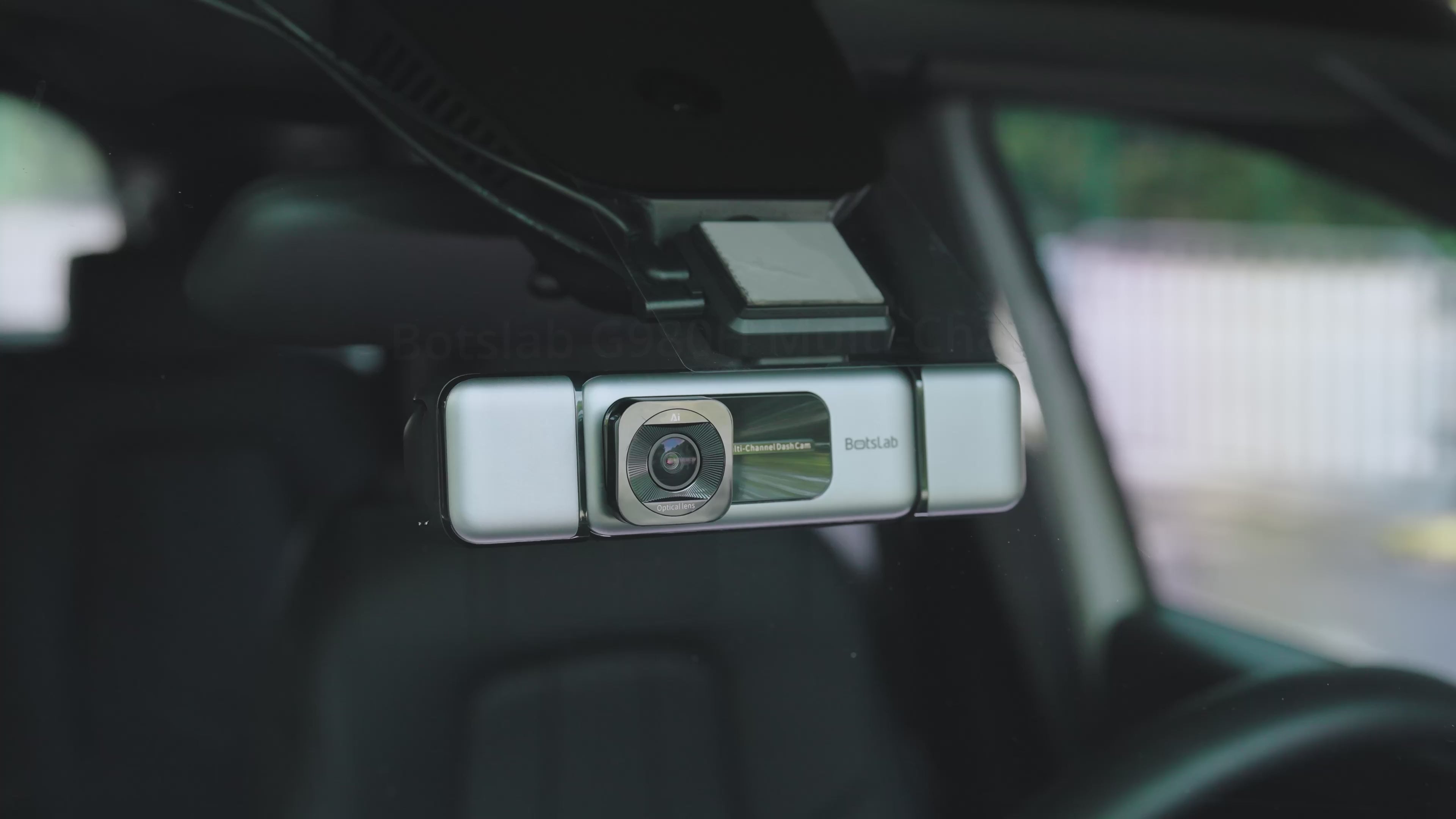


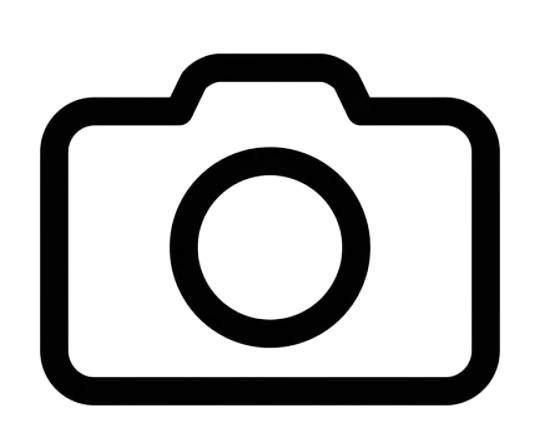

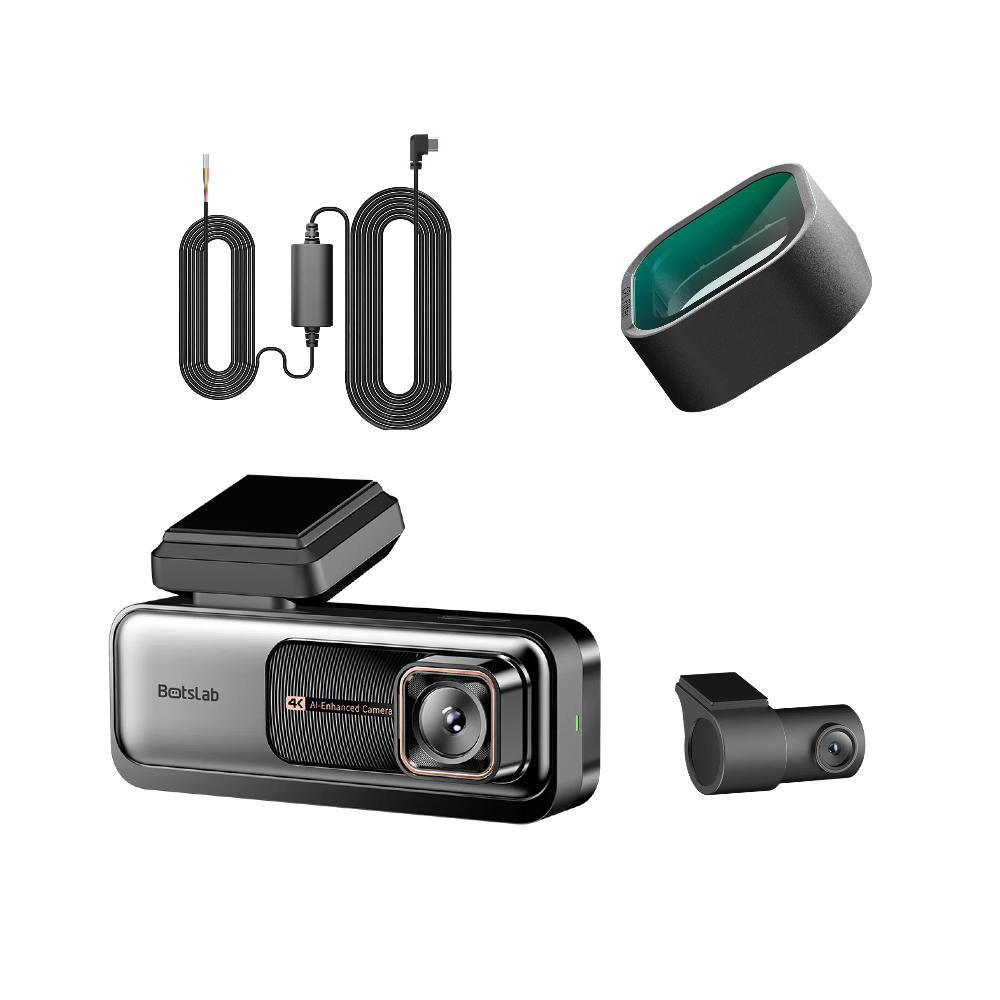
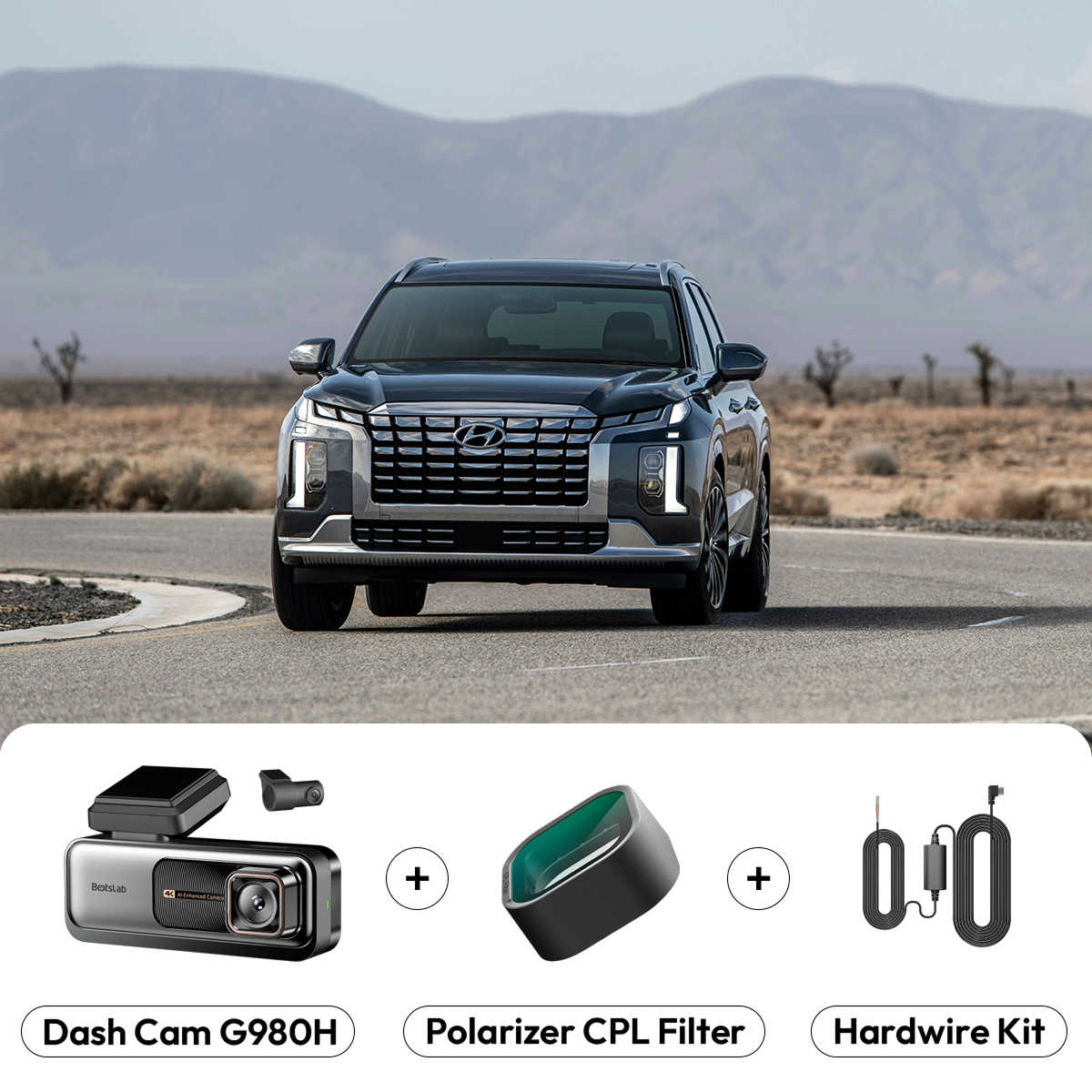


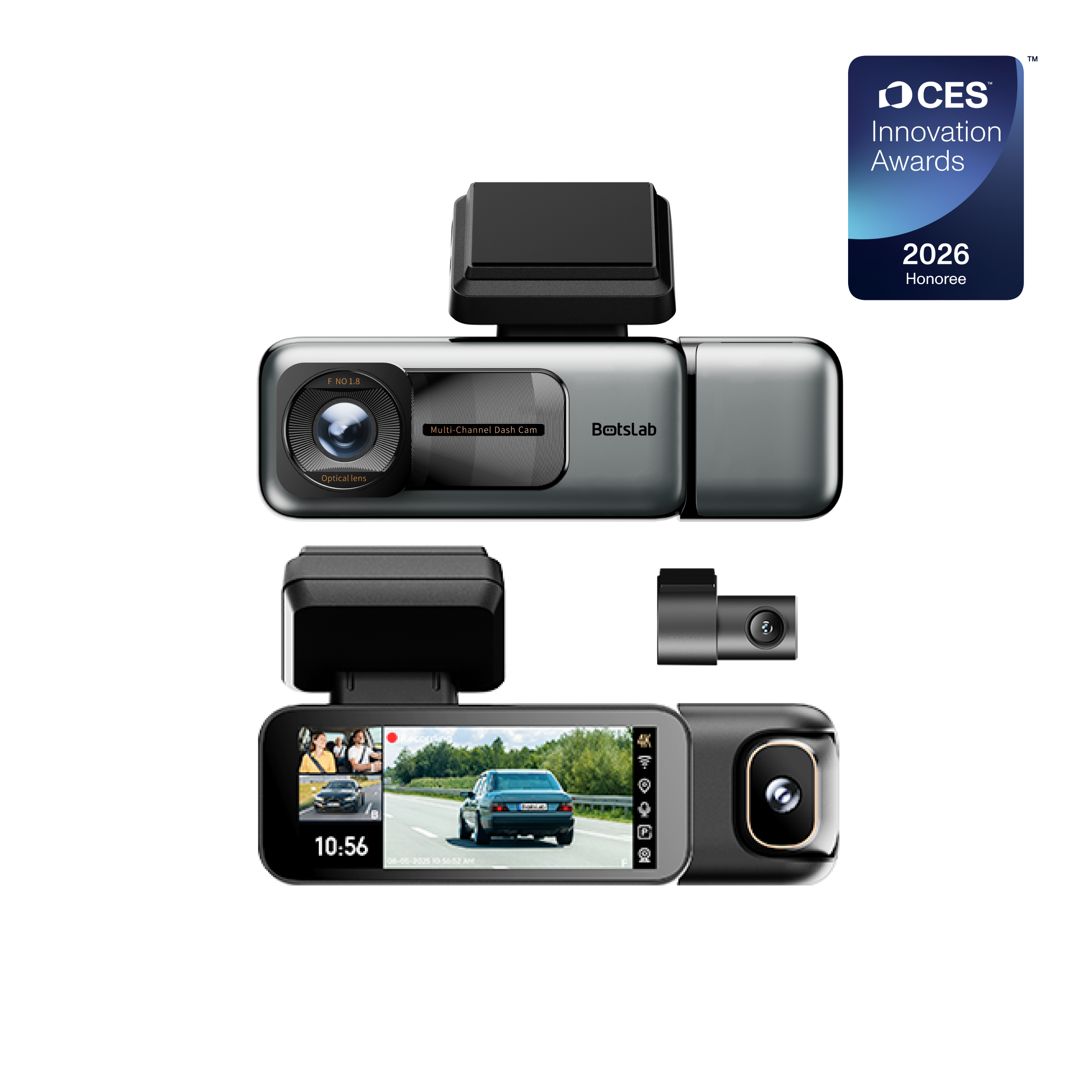


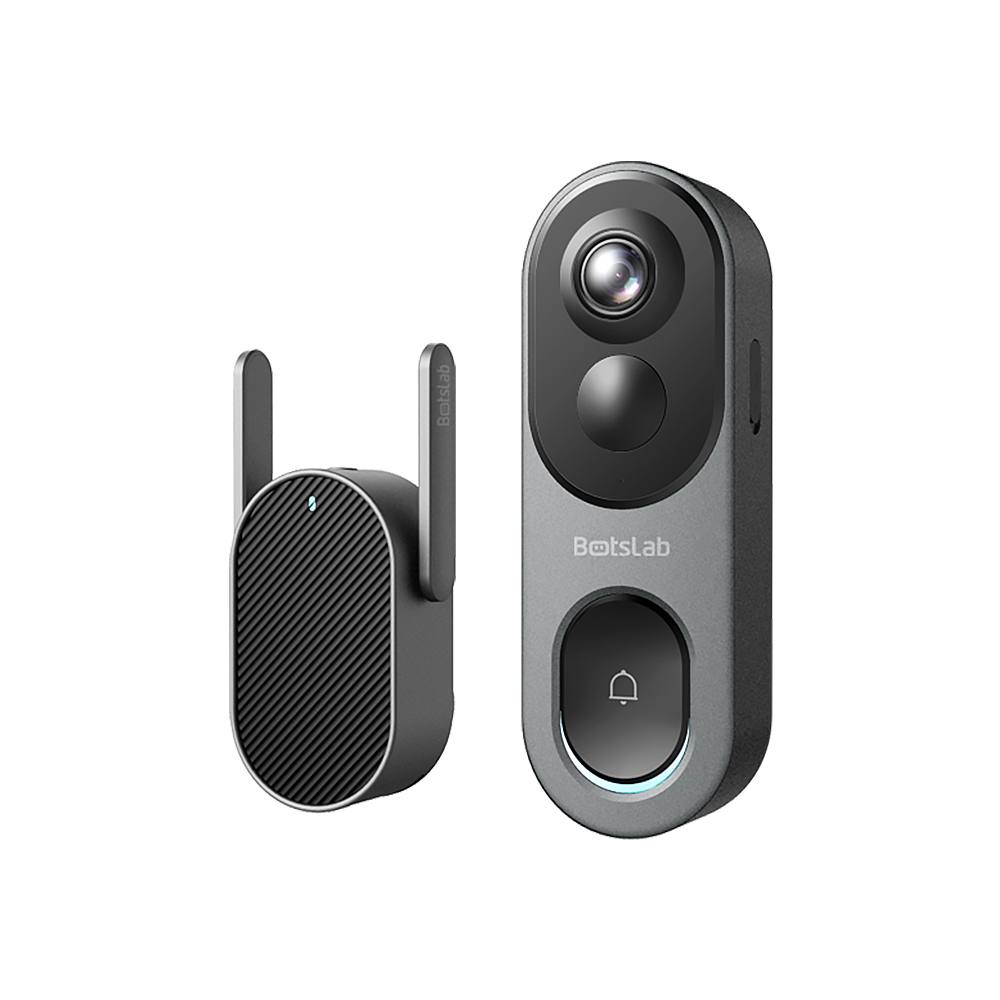
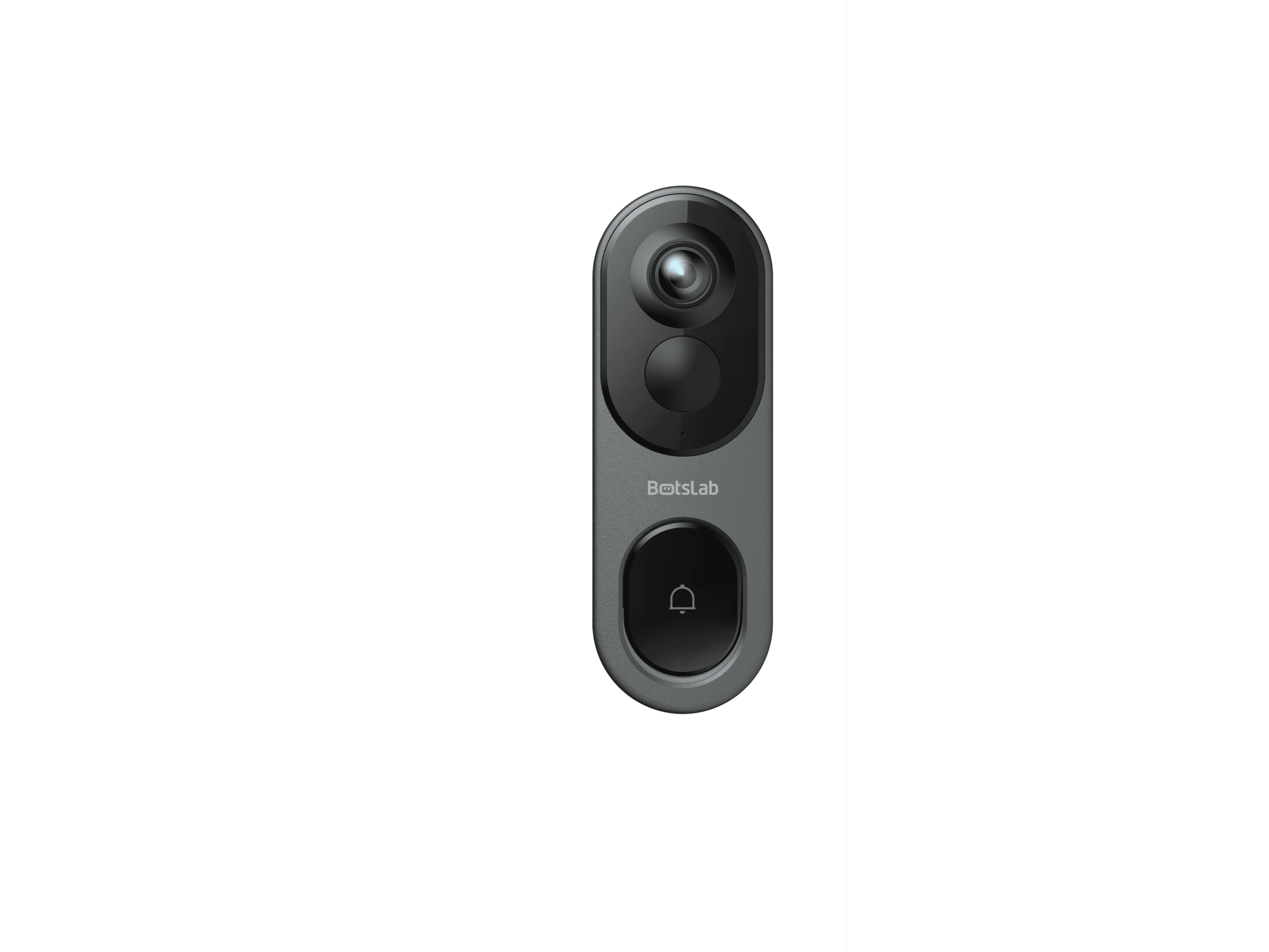
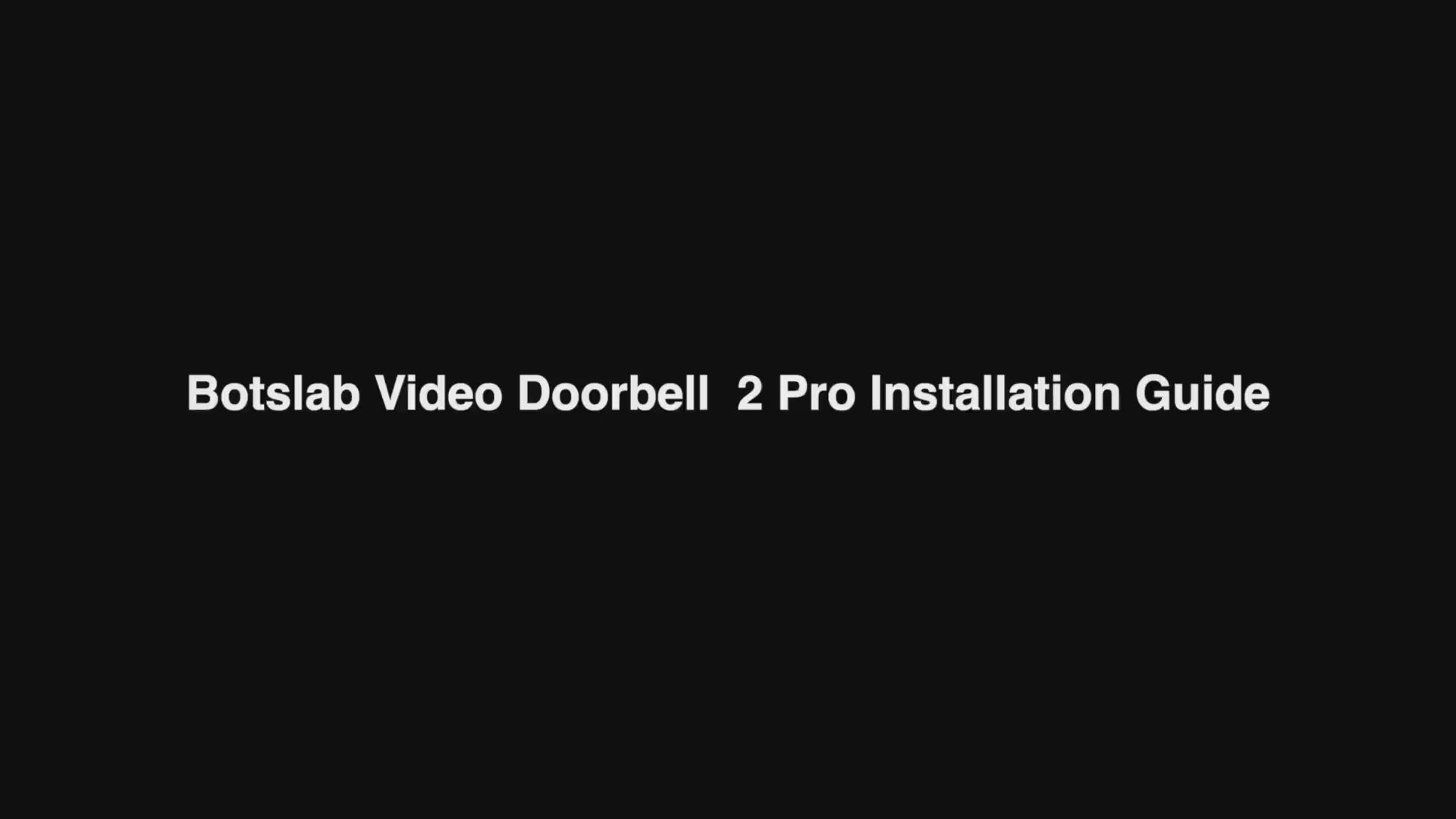
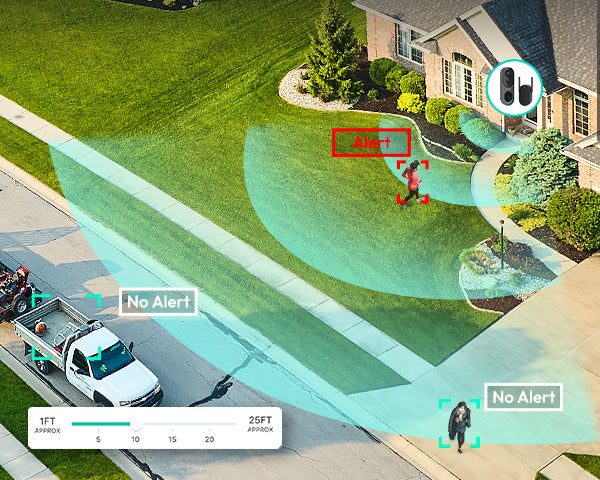


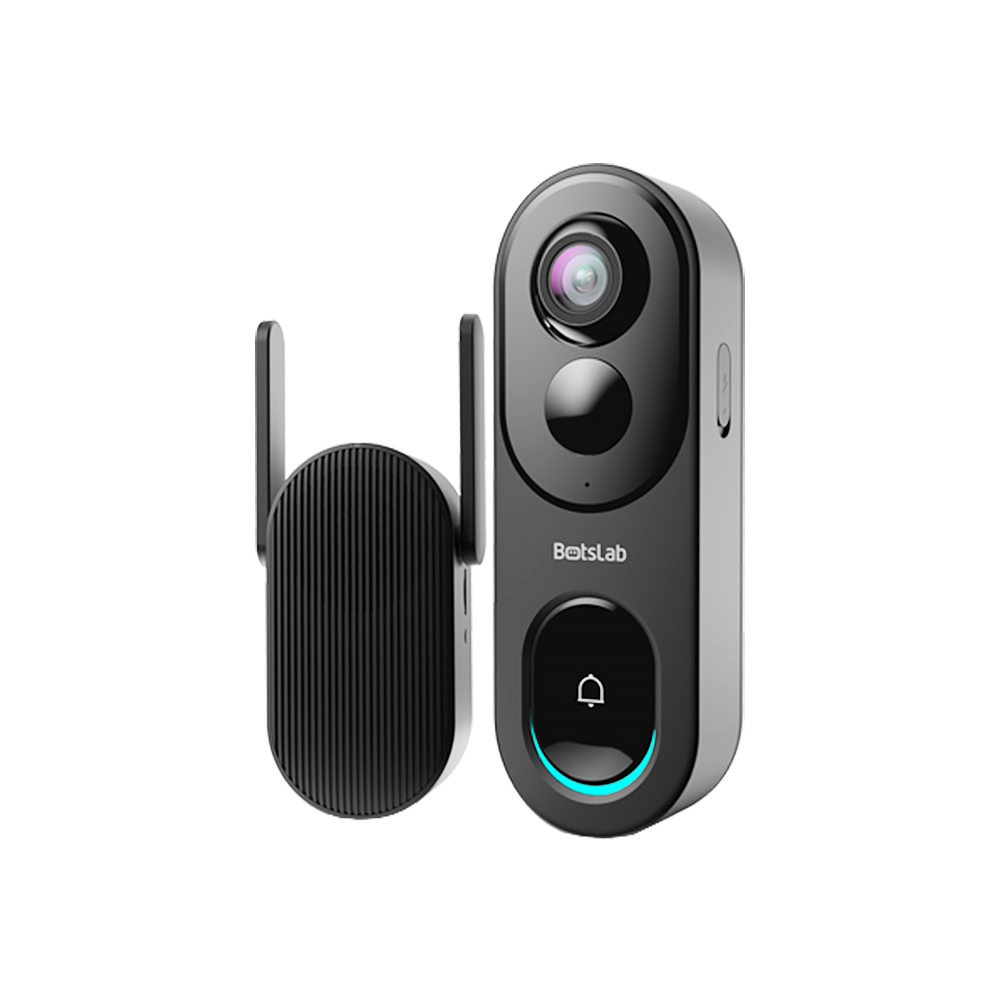
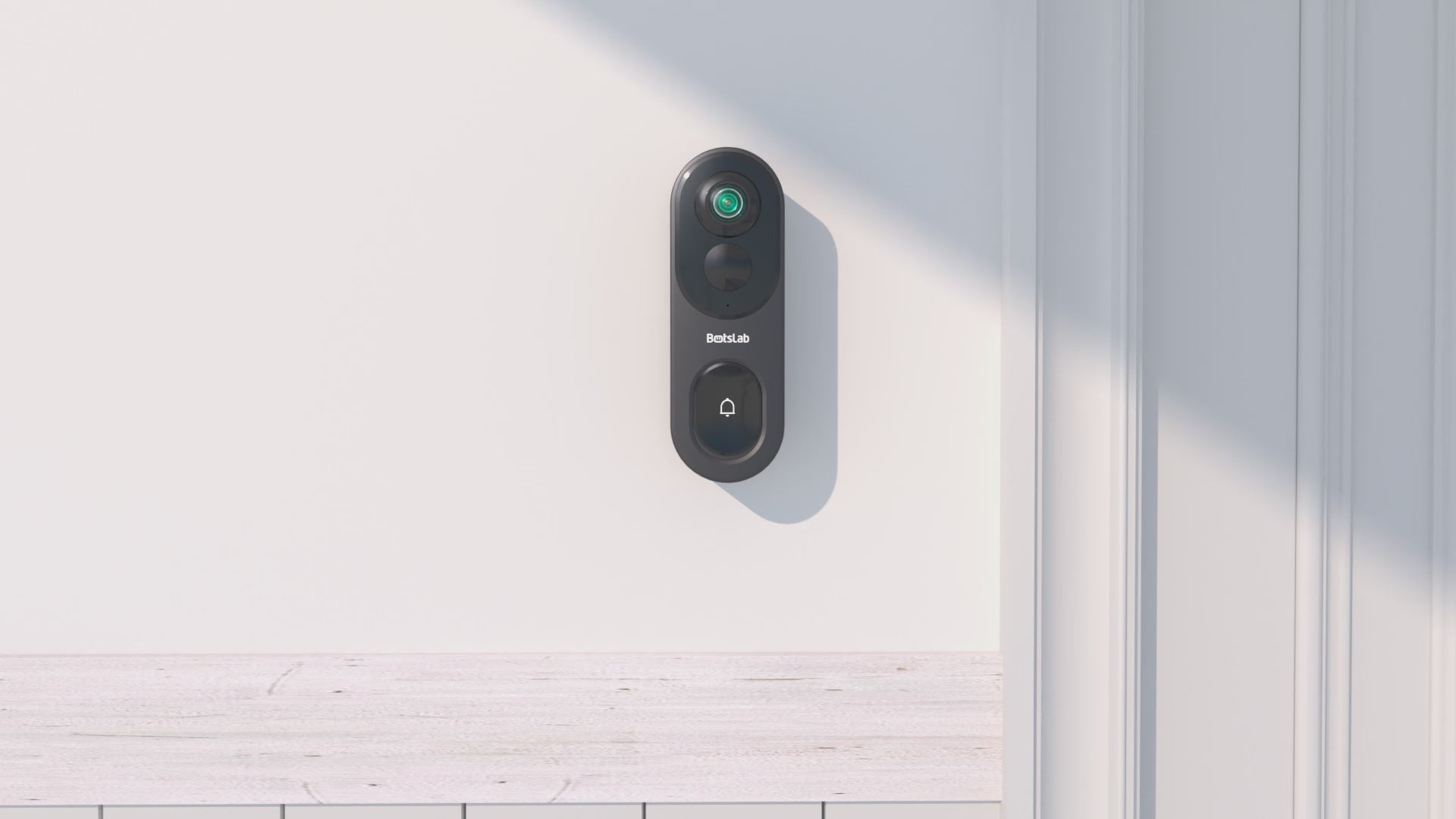
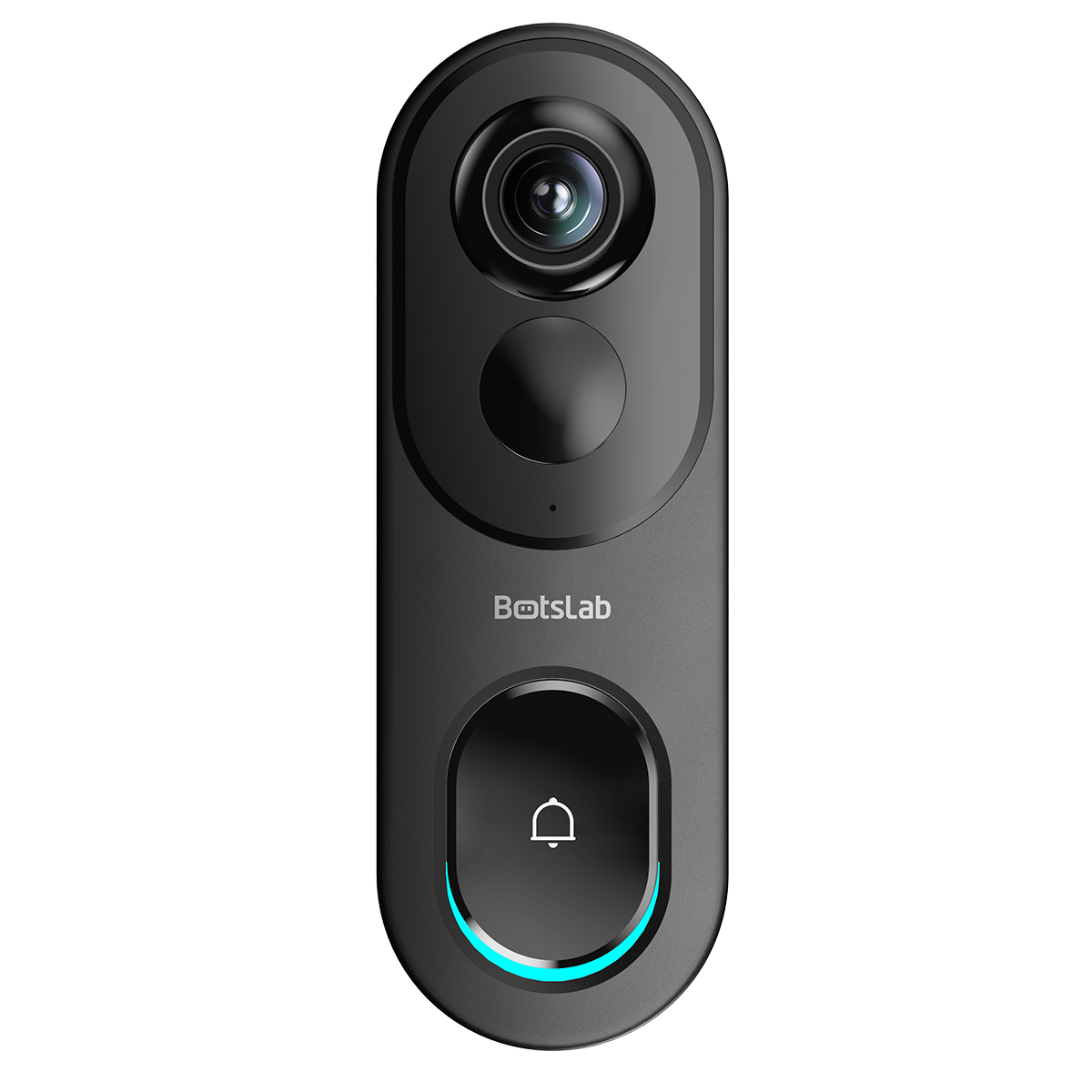

Share:
Botslab Dash Cam G980H wins 2026 CES Innovation Award
Do Dash Cams Automatically Delete Recordings? Understanding Loop Recording